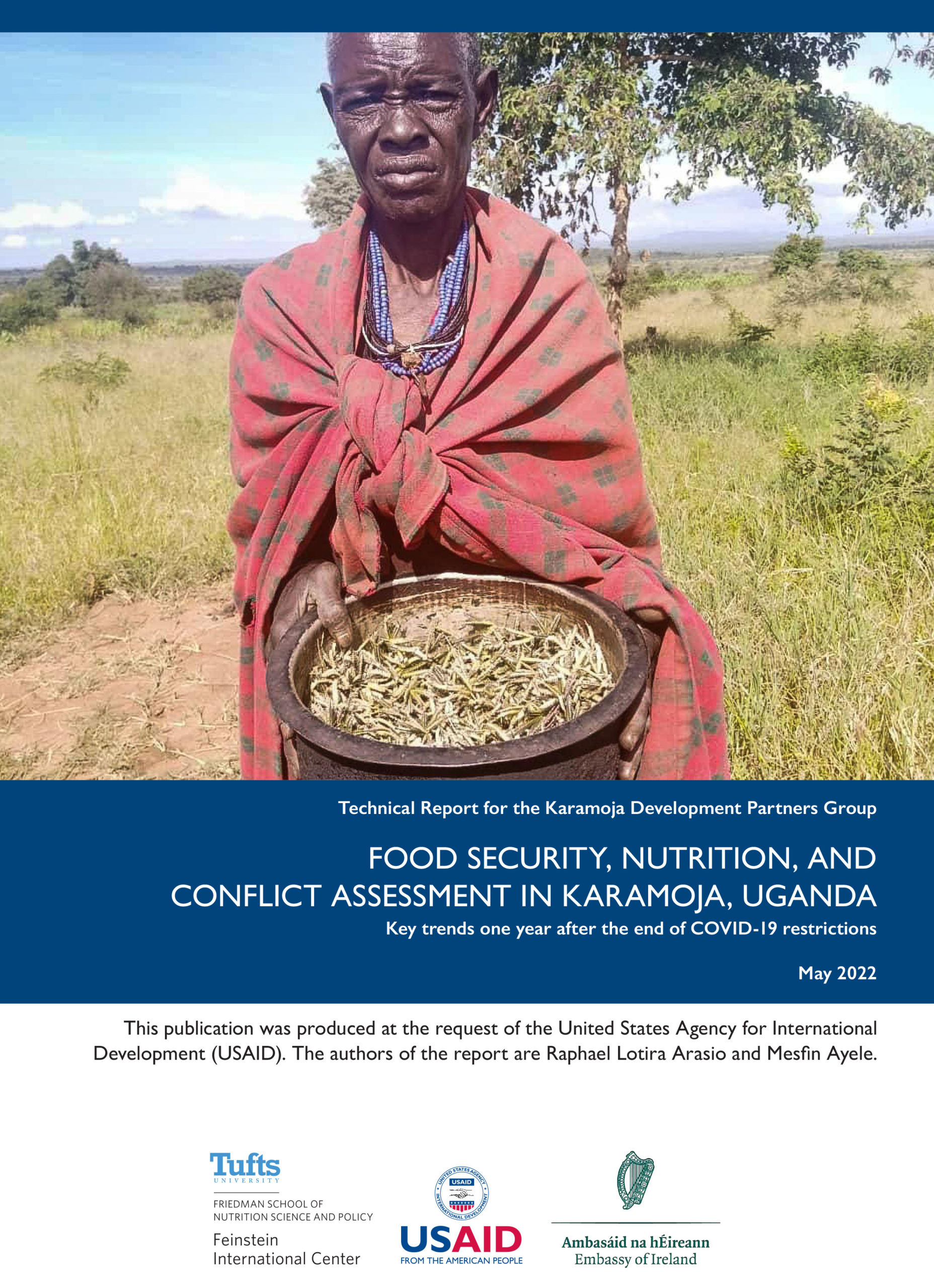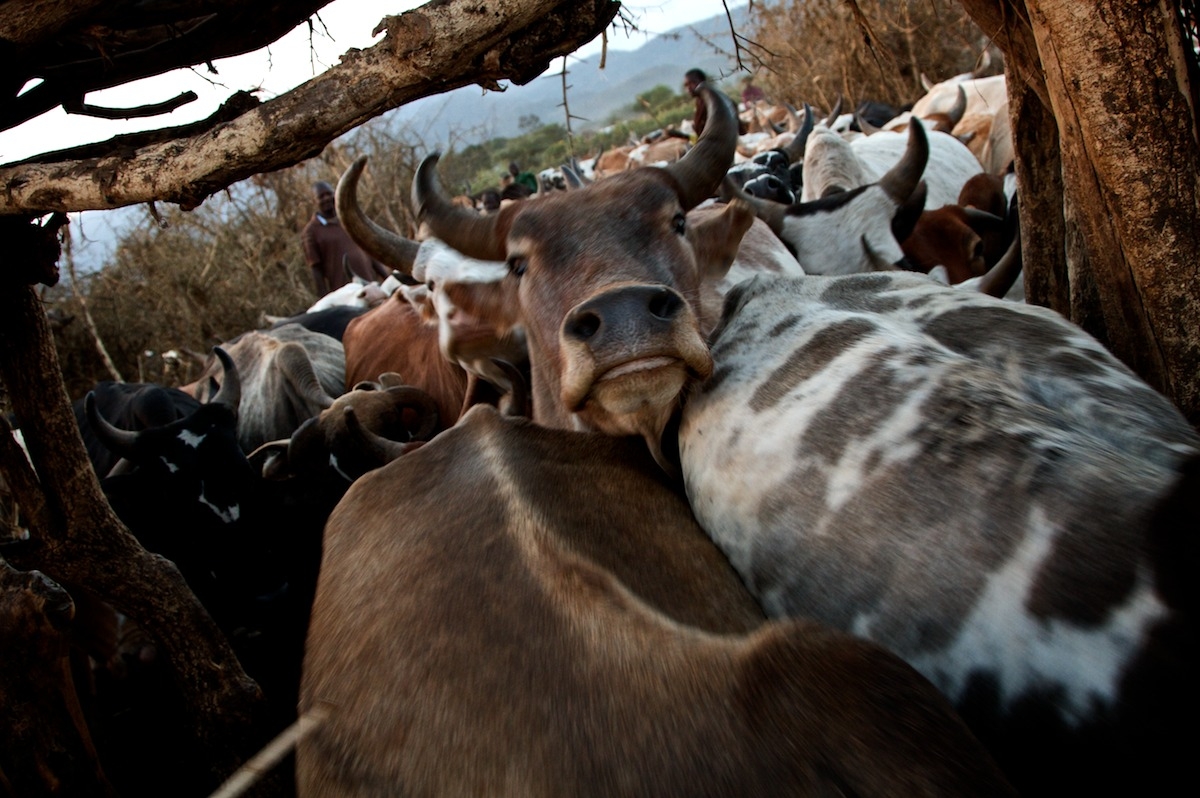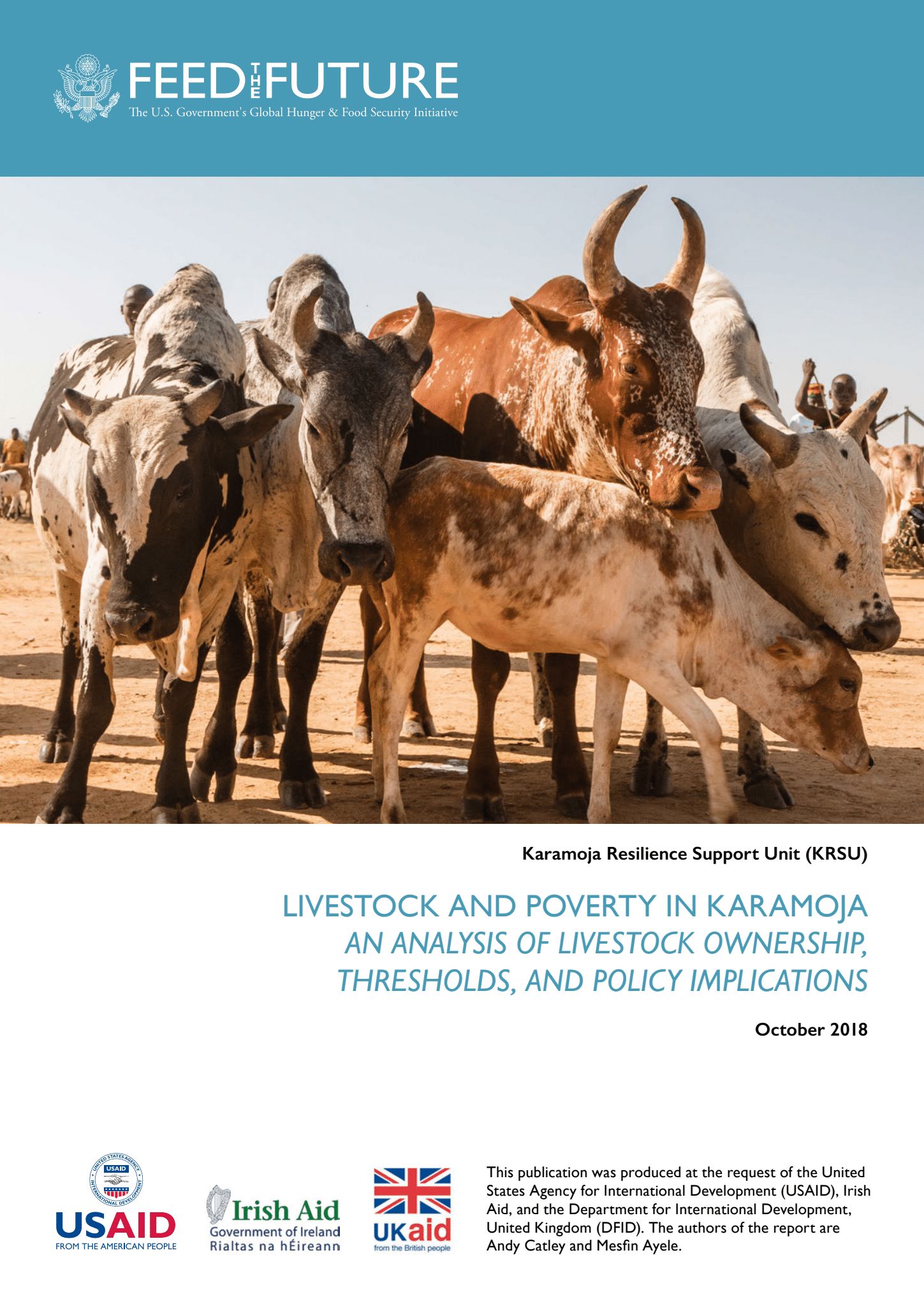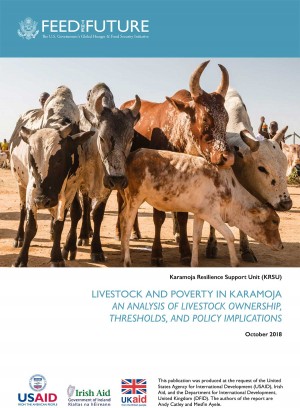Food Security, Nutrition, and Conflict Assessment in Karamoja, Uganda
Mesfin Ayele

Food Security, Nutrition, and Conflict Assessment in Karamoja, Uganda
In mid-2020, the Karamoja Resilience Support Unit (KRSU) conducted a rapid assessment that described the impact of COVID-19 containment measures on rural livelihoods in Karamoja (Arasio et al. 20201). The assessment also forecast how disease restrictions would affect livelihoods over the following six to eight months (into early 2021). The initial assessment examined household wellbeing during COVID-19 relative to a normal (good) and bad (drought) year in Karamoja’s three main livelihood zones, represented by Amudat District (predominantly pastoralist but with some emerging crop production), Moroto District (predominantly agropastoralist), and Abim District (with high dependence on crop production, but also using livestock).


LIVESTOCK AND POVERTY IN KARAMOJA AN ANALYSIS OF LIVESTOCK OWNERSHIP, THRESHOLDS, AND POLICY IMPLICATIONS
In pastoralist and agro-pastoralist households in East Africa, livestock not cash are usually the main financial asset. Animals are sold to buy grain and to meet other domestic needs, and animals also provide food, especially milk, for direct human consumption.

Livestock and Poverty in Karamoja – An Analysis of Livestock Ownership, Thresholds, and Policy Implications
This report analyses poverty in Karamoja from the perspective of livestock ownership, and uses a livestock threshold to categorize households as poor and non-poor. High levels of livestock poverty are then discussed in relation to programming and policy options